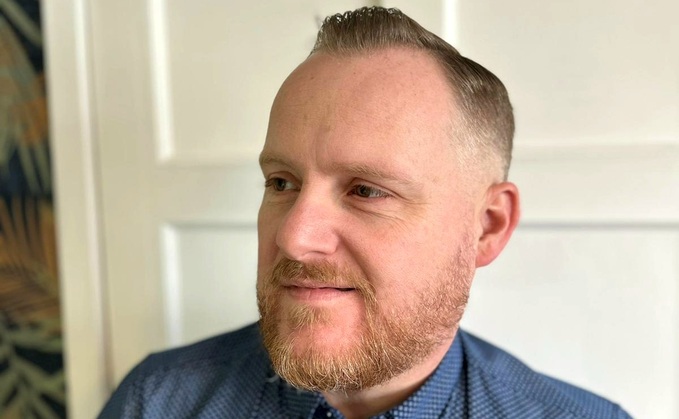
Chris Smart, Scottish Widows
In the protection industry, a growing number of providers are now offering virtual GP appointments as part of their value-added proposition. Within the outcomes of the New Consumer Duty regulation there is a focus on products and services, consumer understanding, and consumer support. So how can both providers and advisers make sure that customers are fully aware of what is available to them?
What are virtual GP services?
Imagine your client having 24/7 access to a qualified healthcare professional just by using an app on their phone? They could book an appointment and then find a private place to have a 15min video call. What if during that time, they needed a referral to a specialist or prescription medication and the person on the other end of the video call could do all this for them? These services are not designed to replace a face-to-face appointment with your local GP, they are there to complement and support that relationship and offer an equal alternative, something I believe is so important and the reason Scottish Widows Care gives our clients access to a medical expert 24/7 through Square Health "Clinic in a Pocket" ™ app.
What our stats tell us
In the last 12 months 37% of virtual GP consultations have taken place outside the conventional hrs of 8am - 8pm Monday - Friday with almost 20% of those taking place at the weekend. Add in the facts that 10.5% of outcomes involved supplying a referral letter to a specialist (there is a £15 charge for this) and that 12% have used the service to obtain a prescription. These numbers are steadily increasing and it's easy to see how Clinic in a Pocket™ can play its part in supporting your clients local GP.
I think what always interests me the most is the number of children who are using the service. Again, in the last 12 months, 21% of all registrations have been on behalf of children aged 15 and under and this same population attended 13% of all consultations.
If we add the next age range, then the total percentage of under 25s registering is 25%. In keeping with this there was a spike in child consultations in December as scarlet fever and Strep A concerns spread across the country.
Unfortunately, one of the most common needs for children is to talk about their mental health, perhaps another indication on the toll the last few years has had on our families. According to MIND, more than 9 out of 10 young adults admit to struggling with their mental health. Nevertheless, it's great that children are getting a chance to speak to someone, and one hypothesis suggests they feel more comfortable doing this virtually than face to face in person.
It is true that until you use a service like Clinic in a Pocket™ you can never truly be an advocate but with 48% of users in March 2023 being repeat users it is clear once a customer uses the service, they are likely to do so again.
The challenge then is how to ensure protection clients register and download the app on to their device so it's there when they need it, and both providers and advisers play a key role in increasing adoption of this connected healthcare service and understanding its value. At Scottish Widows, we are looking at ways to make this easier for our clients including the use of QR codes on regular communications reminding them of the benefits, making it as easy as one or two clicks to download the app on to their phone, where it can sit until that moment of need.
If advisers can also keep bringing this to life during initial meetings and annual reviews, reminding clients of the benefits they can use now, more customers can get the support they need at a time which works for them.
This post is funded by Scottish Widows
Sources: Scottish Widows, January 2023, MIND Supporting young people report, 2021











